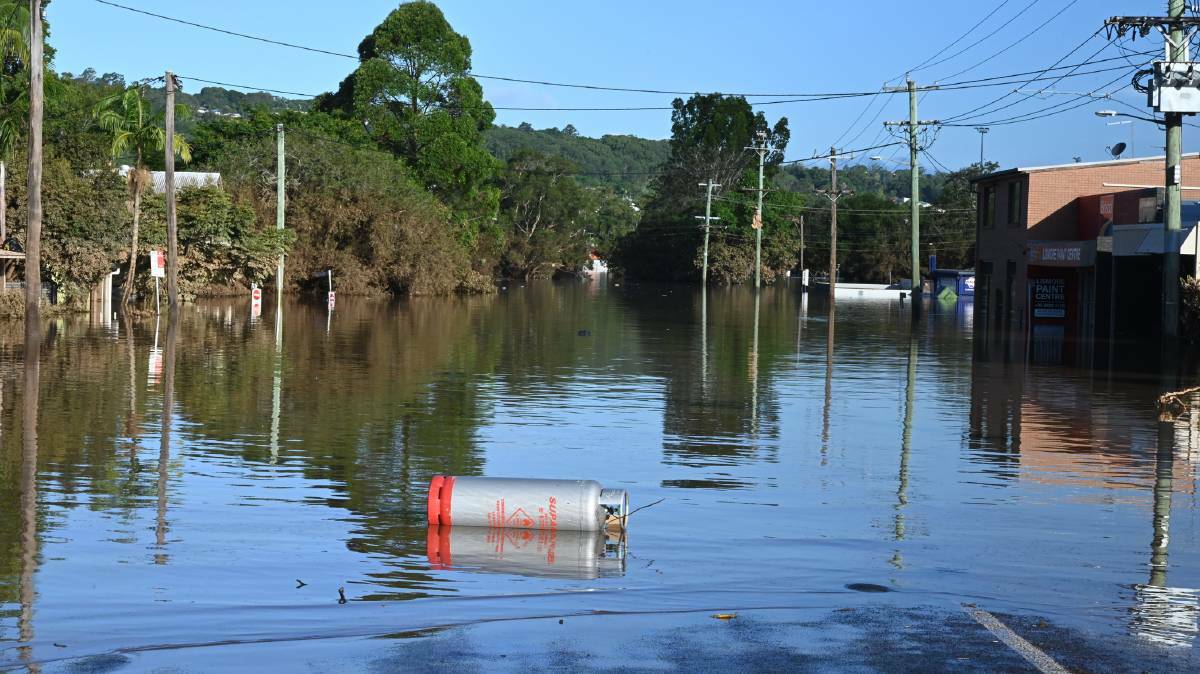
A guiding principle that my mother used to say to me was: "A stitch in time saves nine."
Subscribe now for unlimited access.
$0/
(min cost $0)
or signup to continue reading
Growing up, she occasionally brought me back to make the effort to turn off a dripping tap, or clean up the spill that could cause someone to slip over.
It was annoying, but living in a family of 10, it was only fair that I was brought to my senses and learned to listen and care.
Voices such as Intergovernmental Panel on Climate Change, Climate Council and the United Nation's Organisation for Economic Co-operation and Development have for years urged action on climate change.
They agree the costs of not acting exceed the costs of doing so.
Wherever we look, there is a huge groundswell of acknowledgement of the need for deep emission cuts in response to climate change.
The majority of the electorate knows that our vote at this election is hugely important for our environment - which is, inescapably, our one and only life-support system.
Business knows the importance of acknowledging climate change.
The insurance industry says that climate change insurance risk is intensifying.
To quote Deloitte, "The Association of Superannuation Funds estimates that close to 10 per cent of the total economic value could be lost by 2050 if climate change continues its current trajectory."
Surely Lismore is an example of that.
It's on government websites, too.
AdaptNSW, the state government's information source to help households, businesses and government understand and adapt to climate change impacts, includes climate projections map for each region and an interactive projections map.
The Federal Government's CoastAdapt website has impact sheets on coastal inundation, coastal agriculture, coastal fisheries and aquaculture, on beaches, settlements and infrastructure.
And Local Government NSW has a workshop package to help member councils develop a climate change action plan.
A report from the Climate Council finds the cost of extreme weather in Australia has more than doubled since the 1970s, and totalled $35 billion over the past decade.
By 2038, extreme weather events driven by climate change, as well as the impacts of sea level rise, could cost the Australian economy $100 billion every year.
Missing from our major parties' talk is the answer to this: Do the costs of acting on climate change exceed the costs of not doing so?
That old saying, "A stitch in time saves nine", rings in my ears.

